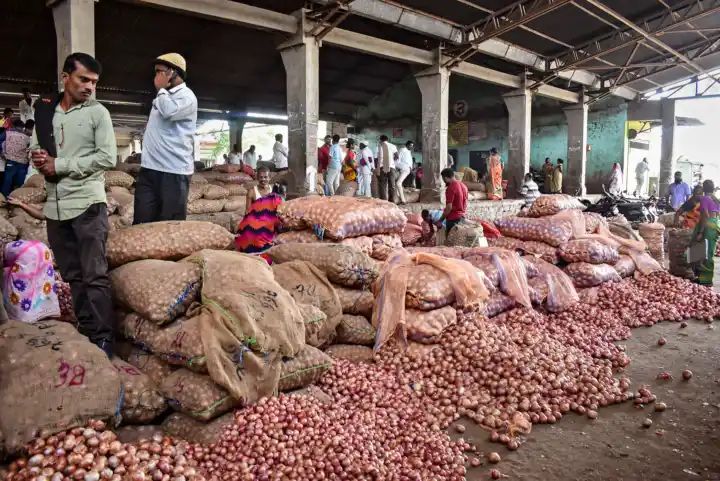1.6 Crore Jobs Lost Due To Note Ban, GST, Covid: India Ratings & Research Study
India’s informal sector has faced a series of macroeconomic shocks since 2016, leading to substantial economic losses. According to India Ratings and Research, the cumulative impact of these shocks, including demonetisation, the rollout of the Goods and Services Tax (GST), and the COVID-19 pandemic, has resulted in an estimated economic loss of ₹11.3 lakh crore or 4.3% of India’s GDP in 2022-23. This blog explores the severe impact on the informal sector, job losses, and the implications for India’s economy.
Impact of Macroeconomic Shocks
Demonetisation, GST, and COVID-19
The informal sector has been severely impacted by demonetisation, the GST rollout, and the COVID-19 pandemic. These shocks have disrupted the functioning of informal enterprises, leading to a decline in economic activity and job losses. Sunil Kumar Sinha, principal economist at India Ratings, noted that 63 lakh informal enterprises shut down between 2015-16 and 2022-23, resulting in the loss of about 1.6 crore jobs.
Decline in Economic Contribution
The Gross-Value Added (GVA) by unincorporated enterprises in the economy in 2022-23 was still 1.6% below the 2015-16 levels. Their compounded annual growth rate (CAGR) fell from 7.4% between 2010-11 and 2015-16 to a 0.2% contraction since then. The real GVA of unincorporated firms in manufacturing, trade, and other services (MTO) dropped significantly, with their share in India’s real MTO GVA falling from 25.7% in 2015-16 to 18.2% in 2022-23.
Employment Challenges
Job Losses and Sector Shrinkage
The informal sector has seen a significant decline in employment. The number of workers employed in the non-agricultural sector increased to 10.96 crore in 2022-23 from 9.79 crore in 2021-22. However, this was lower than the 11.13 crore people employed in the sector in the ‘pre-shock period’ of 2015-16. The manufacturing sector witnessed a notable decline in jobs, with employment dropping from 3.6 crore in 2015-16 to 3.06 crore in 2022-23.
Structural Shift Needed
India’s over 400 million informal labour market requires a structural shift to address the challenges posed by these macroeconomic shocks. The rise in the formalisation of the economy has led to robust tax collections, but the reduced unorganised sector footprint has implications for employment generation. The informal sector’s share in various sectors has decreased sharply, highlighting the need for measures to support and revitalise this critical part of the economy.
Future Prospects and Recommendations
Addressing the Decline
To mitigate the impact of these shocks and support the informal sector, India needs targeted policies and interventions. The government should focus on providing financial assistance, improving access to credit, and enhancing the business environment for informal enterprises. Additionally, measures to ensure job security and create new employment opportunities are crucial to addressing the challenges faced by the informal labour market.
Enhancing Economic Resilience
Strengthening the resilience of the informal sector is essential for sustained economic growth. Promoting digital literacy, enhancing skill development programs, and providing incentives for formalisation can help informal enterprises adapt to changing economic conditions. Ensuring social security and welfare measures for informal workers will also contribute to building a more inclusive and resilient economy.
Conclusion
India’s informal sector has borne the brunt of multiple macroeconomic shocks, resulting in significant economic losses and job reductions. Addressing these challenges requires a comprehensive approach that supports informal enterprises, enhances economic resilience, and promotes inclusive growth. By implementing targeted policies and interventions, India can mitigate the impact of these shocks and ensure the sustained growth of its informal sector.






